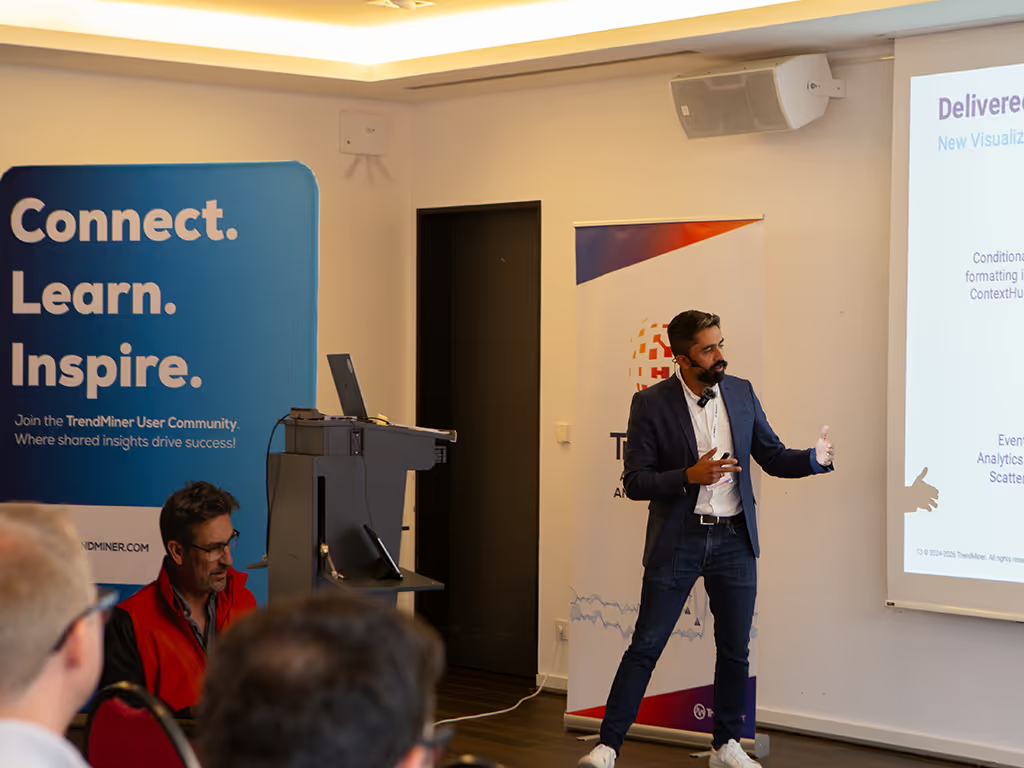Blog
Innovating Industry Insights
Stay informed with our latest blog articles.

Latest post
Is Your Smart Factory as Smart as Your People?
July 28, 2025
Follow Mary, a process engineer, through two versions of the same day: one filled with manual tasks and delays, the other powered by TrendMiner’s self-service industrial analytics. See how faster insights, real-time alerts, and smarter decisions redefine her impact — and her time.
Filters
Thank you! Your submission has been received!
Oops! Something went wrong while submitting the form.






